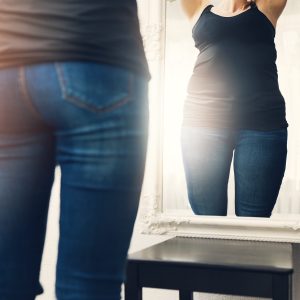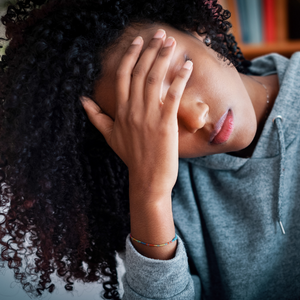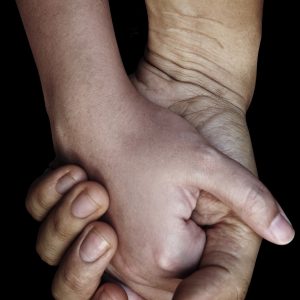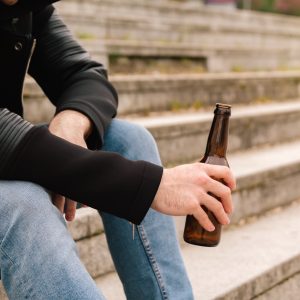Eating Disorder

Eating disorders can be serious, complex, mental health conditions that affect you emotionally, physically and socially and can involve focusing too much on weight, body image and developing an unhealthy relationship with food which affects the ability to get the nutrition your body and brain needs.
Unfortunately the warning signs are often missed – weight loss, negative relationships with food and over-exercising can be seen as a diet craze, a health kick or a phase.
Changes in eating behaviours such as increased eating or reduced dietary intake can reduce serotonin important for brain function which has a central role in reducing anxiety and depression.
There are many recognised disordered eating and disorders and you can get help locally with or without a clinical diagnosis if you feel you are struggling with such as:
- Anorexia – keeping weight as low as possible by not eating enough food or exercising too much, or both
- Bulimia – eating abnormally large amounts of food in one sitting
- Binge eating disorder – when a person feels compelled to overeat on a regular basis
- Avoidant / restrictive food intake disorder (ARFID) – avoiding certain foods or types of food
- Other specified feeding and eating disorder (OSFED) – this accounts for the highest percentage of eating disorders and anyone of any age, gender, ethnicity or background can experience it
- Orthorexia – avoiding specific foods that you believe to be harmful
- Compulsive exercise – uncontrollable behaviours resulting in injuries and impaired social relations
Due to the complexity of eating disorders it is not possible to do a self-referral via this website. However you can self-refer to a specialist at First Steps Eating Disorders who will assess your request for support. A self referral will have the same result as asking your GP to refer you.
Self referral
It is not possible to start a self referral for this condition because of the complexity you may be experiencing, which requires discussion with your GP.
Contact your GP (between 8am to 6pm) for a GP referral or if you require urgent help please call NHS 111 (option 2) and you can speak to a mental health clinician. Where there is an immediate, serious, and life-threatening emergency, call 999 or go to A&E.
There are some accessible websites available in the self-help resources which you can visit today.
Self help resources
Resources can be accessed below.
View self help resources

















